Weighing up what’s best for your baby, your budget and your planet
Every mother has her own individual point of view on the age-old debate of diapers. Today’s nappy choices can seem endless, unlike our ancestral mothers whom were forced to use accessible materials from Mother Nature to protect their baby’s bottom.
The Inuits placed moss under sealskin as an early form of diapers, while, both Native American and Inca mothers packed grass under a rabbit skin diaper cover. Cloth diapers were only introduced in the late 1800s. Even then, it wasn’t until the mid 1900s that cloth diapers had met its match with the invention of disposable diapers.
It’s safe to say that modern-day mummies have many more options than our grandmothers – from disposable, biodegradable disposable, prefold cloth nappies, to all in one reusables, just to name a few. Ultimately, your decision will come down to cost, environmental impact and, more importantly, your personal preference.
So here’s the scoop on poop… disposable vs washable nappies!
Washable diapers
Most of our mothers, our mother’s mothers, and even all the mother’s before them have all done it. The process of mum’s struggling for hours in the laundry soaking sheets and terry towelling, rinsing, washing, drying and folding, is no more. But washable diapers have even evolved quite far since the days of developing a talent of folding flat squares and clasping oversized diaper pins with one hand (avoiding stabbing your little one in the tummy!).
There are over 200 brands of washable diapers on the market, with cost and value varying as well. It is important to invest in good quality reusable nappies, taking into consideration that you will be washing them every day for almost three years. The initial start-up cost of 20 reusable nappies, boosters and liners is estimated to be around $500. This cost does not factor in laundering costs of water, electricity and washing powder.
Pea Pods are a popular brand, at under $20 a pair they are a snug fit, breathable, and use ultra absorbent bamboo lining. When disposable nappies can cost over $1 per nappy and you’re using 5-6 a day, think of the savings not only to your hip pocket but for the environment too.
Related: School lunches from $2 a day
Extra time and planning
Compared to the nappies of convenience, washable diapers take up more time for laundering and drying the nappies. Holidays and weekends can also contribute to issues such as finding facilities to soak and wash soiled diapers. Even winter can cause a problem as it becomes harder to air-dry washed cloths. Simply put, washable diapers require just a small extra level of planning.
Nappy service companies can assist with these domestic duties. Lavenderia NappyCare wash, dry, and fold reusable cloth nappies, facilities the process for busy mums as they can wash and home deliver up to 60 nappies for $25 per week. Overall, this luxury would cost almost the same amount as the overall cost of disposable nappies.
Water borne waste
With daily washing, reusable diapers require a large amount of water for soaking, washing and rinsing. Washable diapers produce four times more water borne waste than disposables. They also require the use of detergents to sanitise the soiled diapers that end up polluting the water system, unless you’re using earth care or bio degradable laundry products – bicarb and vinegar usually does the trick!
The environmental impact of reusable diapers can be reduced depending on laundering usage, such as choosing air-dry over tumble-dry.
Related: 50 Ways to reduce your power bills
Disposable diapers
Due to accessibility and cost, disposable nappies only became popular in the last couple of decades. The design has evolved drastically, with mothers at the forefront lines of the development.
Assuming your baby will need up to two and a half years worth of basic disposable diapers until he or she is potty-trained, Baby Soft Landings calculated the total cost would be at least $3339. This value also includes the cost of one packet of disposable wipes a week. As a new mother, it may take a bit of experimenting with brands and types to find the right fit for your baby.
Think of the savings you could make if you were putting your diaper costs into a high rate savings account over the course of three years?
Nappies of convenience
Disposable diapers are often labelled the nappies of convenience as they can be bought and binned anywhere. Being portable and disposable it’s easy to become dependent upon them for their convince and time saving advantages.
Disposed in a landfill
Traditional disposable diapers produce four times more solid waste than cloth nappies. Disposable diapers are produced with synthetics, such as bleach, plastics, and adhesives. Raw materials like wood pulp are also used to fill the nappy.
Disposable nappies are believed to take roughly 500 years to break down. According to a study conducted by the Environment Agency on the lifecycle of disposable nappies, every child wearing nappies accounts for 1-2 tonnes of waste to landfill over their lifetime!
Related: How much can you save with solar panels?
Biodegradable Nappies
Recently, biodegradable nappies have become more accessible to mothers who would like to be more conscious of the environment. Actress Jessica Alba recently founded The Honest Company to promote and sell natural and eco-friendly baby products. Created with the idea of only using organic materials and products on your baby’s skin cleansing the materials that touch a baby’s skin, The Honest Co. features baby-care to household-cleaner products.
Along with reading all the informative parenting books, it is important to research your extensive diaper options. You might decide on washable nappies for days spent at home and disposables for when you go out and about.
A lot of the time it will come down to trial and error; whether it be washable, disposable, biodegradable, you will find the right nappy or combination that works best for your baby and your budget, as well as the planet.
Written by Melissa Cortes, Yahoo!7 Moneyhound – Fetching you a better deal. Moneyhound.com.au is a price comparison site that can help you save money across all your monthly bills. Try it now, it’s free.
Looking for more ways to save?
-
How an offset account can save you thousands
-
10 Ways to reduce grocery bills
-
The added costs of being a woman
-
Preparing for baby: The nine-month savings plan


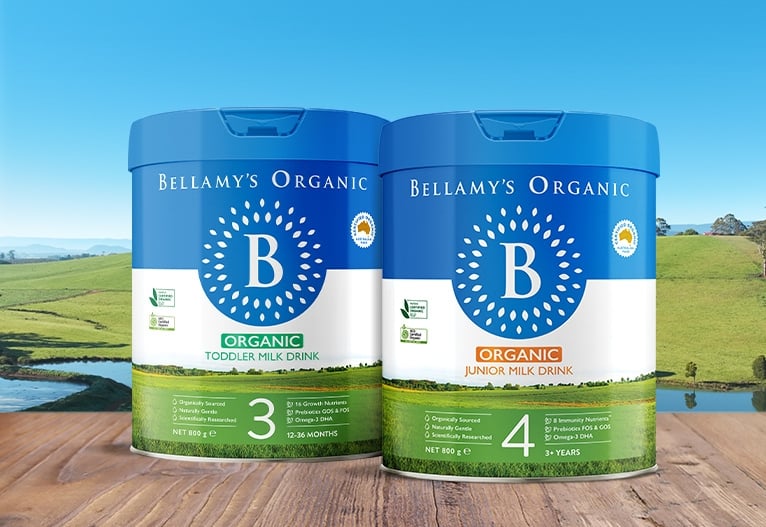

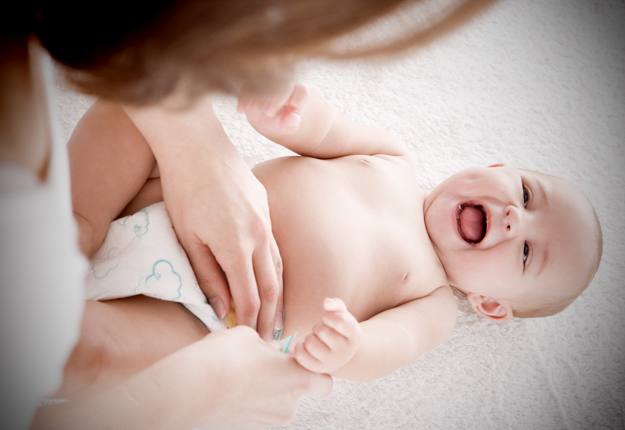
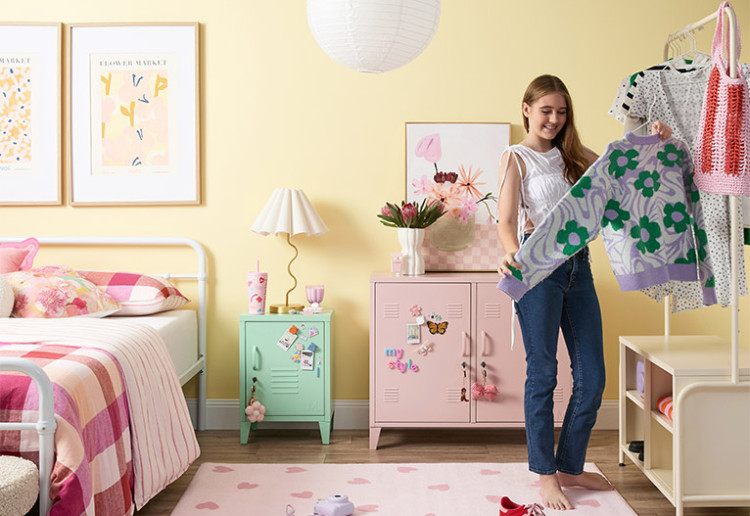

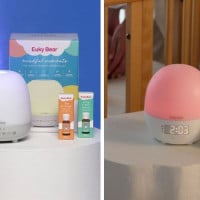
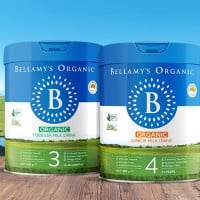
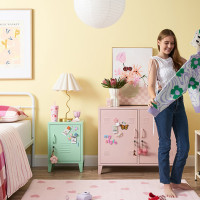


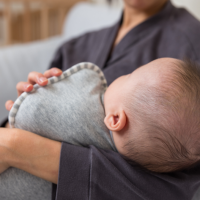
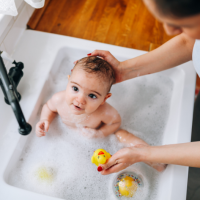

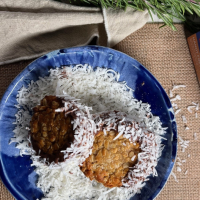





8:06 am
9:00 pm
8:12 pm
7:18 pm
-

-
-
-
earthlydelites replied
- 16 Aug 2013 , 7:42 pm
Reply6:46 pm
5:54 pm
-

-
-
-
lynzstevo replied
- 17 Aug 2013 , 8:21 am
Reply4:38 pm
3:33 pm
3:06 pm
2:22 pm
-

-
-
-
sallty replied
- 17 Aug 2013 , 8:33 pm
Reply1:37 pm
12:35 pm
11:13 am
11:06 am
10:50 am
10:40 am
10:04 am
10:01 am
9:06 am
8:19 am
- «
- 1
- …
- 6
- 7
- 8
- »
Post a commentTo post a review/comment please join us or login so we can allocate your points.